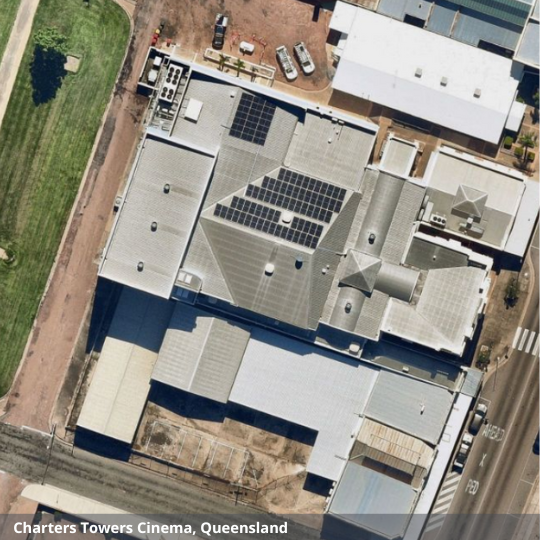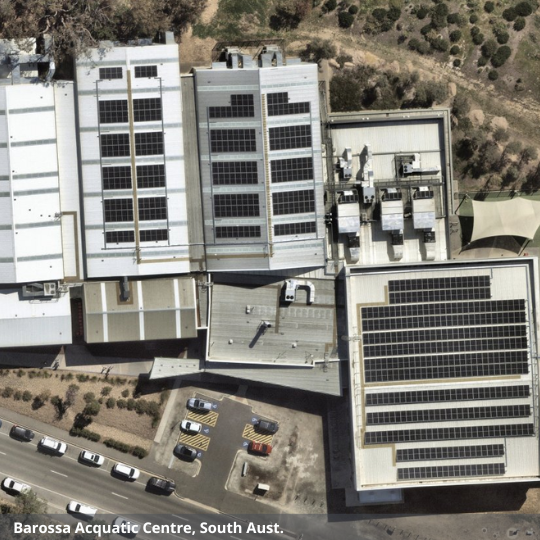Tariff analysis, energy audits, and group procurement arrangements designed to reduce electricity costs
| Next Article |
Written by Mike Fideli, Senior Advisor & Energy Leader – Peak Consulting, Energy

Varying from one electricity network area to another, Queensland electricity prices have increased by more than 20% in the 2023 – 2024 financial year. These are not only caused by rising inflation; but also due to recent internal energy shortages, supply chain disruptions and the retirement of several coal-fired power plants.
Significant electricity cost savings can be achieved by conducting a tariff analysis to ensure sites are on the most cost-effective network and retail tariffs, and/or aggregating the electricity consumption of multiple organisations via a group procurement. Additional electricity cost savings can be achieved via reduction of grid power consumption by conducting energy audits and installing behind-the-meter renewable energy (i.e. Solar Power). However, not only does this require an upfront capital outlay for Councils, but site-specific constraints can limit the installation of a suitable solar power plant.
With an estimated annual spend of over $250 million across the sector, electricity remains one of the largest single expenditures for Queensland Councils. Having been established to provide value to Councils, LGAQ’s subsidiaries Peak Services and Local Buy respectively provide tariff analysis services and conduct a managed group electricity procurement on behalf of several QLD councils and not-for-profit organisations in Queensland.
Peak Service also helps councils perform Energy Audits as well as renewable energy (i.e. Solar) feasibility studies, grant management and applications, conduct the procurement processes and project management of the renewable energy installations. Peak’s renewable energy feasibility study not only provides councils with specifications of the installation, but it also conducts a cost and benefit analysis as well as electrical and structural infrastructure/land suitability inspections to identify site-specific constraints that need to be addressed prior to the installation of the proposed system. Since 2017, Peak Services has conducted Energy Audits and Renewable Energy feasibility studies for 261 sites across 20 local governments, estimated to save QLD councils over $4 million per year.

Peak Services has been conducting tariff analysis for over 10,000 accounts for more than 30 councils since 2014. By matching the energy consumption profiles of councils’, individual assets with the most suitable electricity tariffs, councils have reduced their electricity cost by over $10 million so far. The tariff analysis process requires collecting data from various sources, such as utilities, energy metering companies, distribution and transmission network service providers and councils’ electricity accounts. This data is used to analyse the historical electricity consumption patterns for each hour of the year, including the peak demand of each site. Then, the current tariff is compared with the best possible regulated tariff and the potential savings from switching to the latter are calculated and projected.
Peak Services stands out from its competitors because it analyses all the elements of the electricity bills, retail, distribution and transmission loss factors, network and metering elements, not just the retail ones. Tariffs are updated at the start of every financial year and Peak always checks the new rates to find any extra savings for council.
In response to the high demand for a managed group procurement for electricity, in 2008 Local Buy established the Electricity Arrangement (BUS 177) to manage electricity procurement for a group of councils. The first electricity group procurement was comprised of 8 councils. Noting the Arrangement’s success in its ability to help councils secure far more competitive electricity rates compared to individual councils going to the market alone, the Arrangement attracted the attention of additional councils and not-for-profit organisations. In 2023, the Arrangement now manages the electricity procurement of 18 councils and 4 not-for-profit organisations: making a total of 22 organisations.
With the recent surge in electricity costs, more councils have expressed interest in joining the group and are expected to come on board before the end of the 2023 calendar year so they can be included in the large site and streetlight group procurement between March and April 2024.
Despite the significant recent electricity price increases, the Local Buy Electricity Arrangement yet again proved its effectiveness in helping councils secure competitive rates during the group procurement process that was run in July 2023 for small sites. Varying from site to site and depending on the electricity network connection area, councils and not-for-profit organisations were able to secure rates estimated to save them between 20% - 31% of the market rates in the first year of the contract. The rates decrease year on year, resulting in additional savings during the second and third year of the contract.